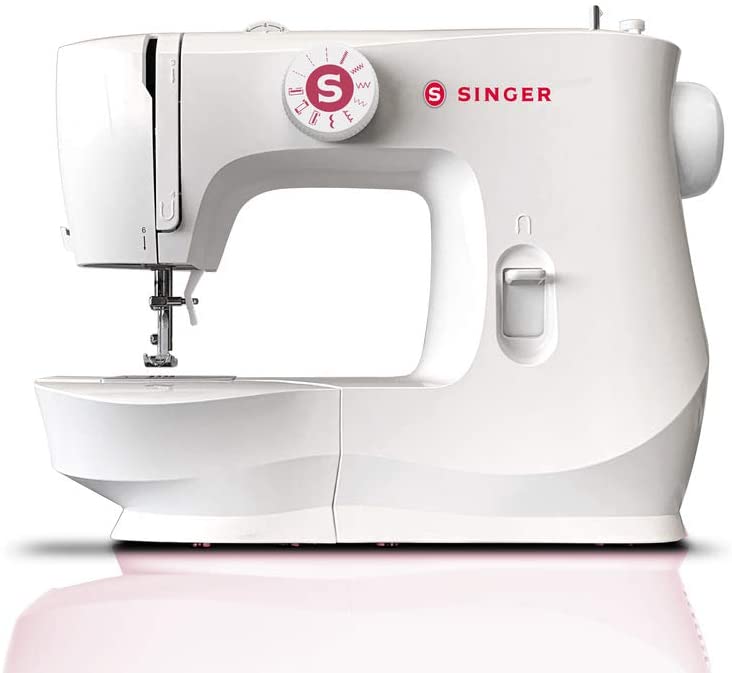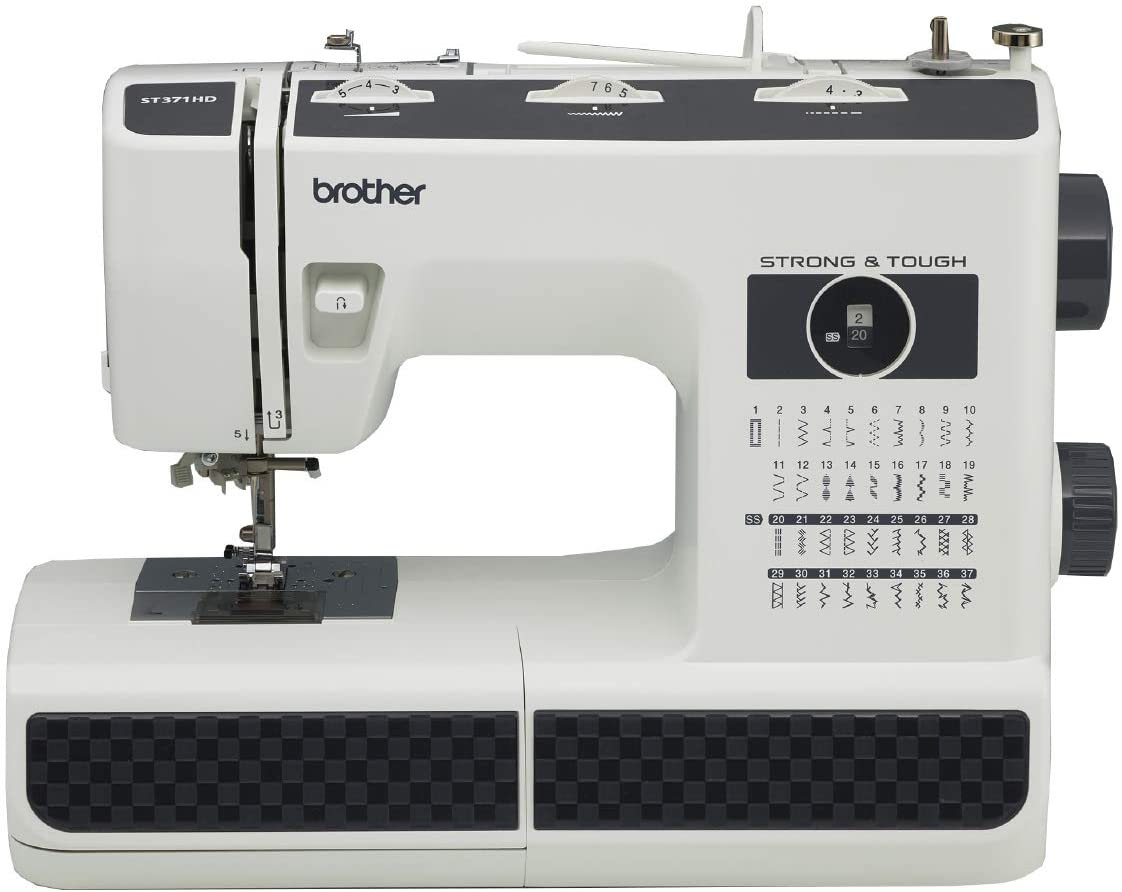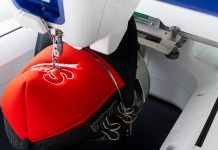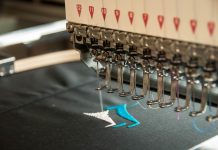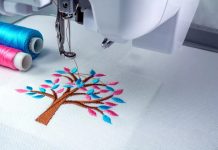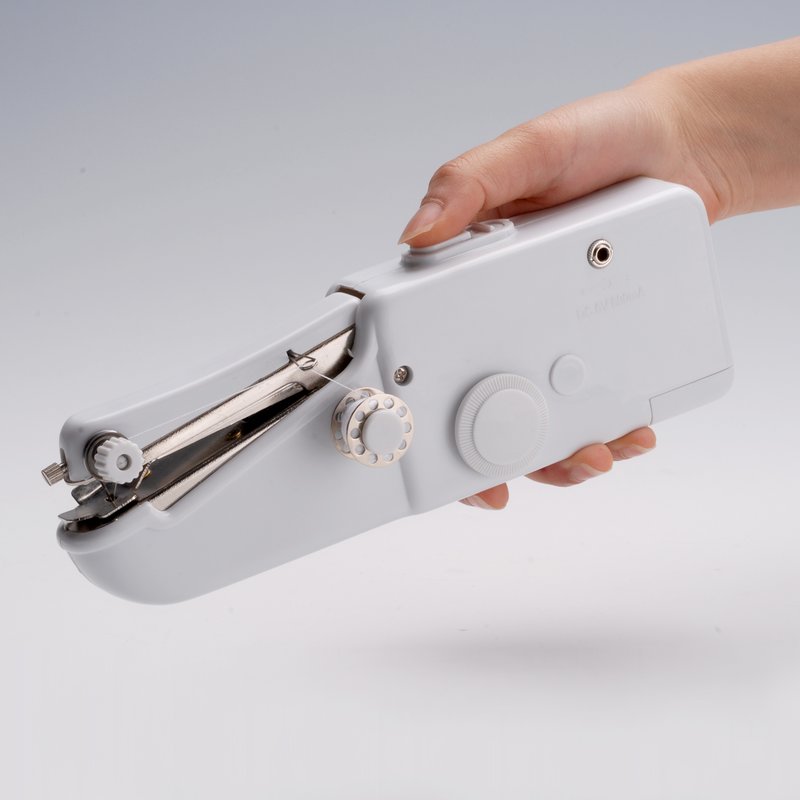Whether you are new to sewing, or you have been sewing for many years, it can be difficult deciding if you should purchase a computerized sewing machine, or a more traditional mechanical machine. The truth is, each type of machine has its advantages and disadvantages, which is part of the reason why the decision can be so difficult.
To help you make the right decision and choose the correct machine for your particular needs, we are going to explain the differences between these two types of sewing machines. We will examine the pros and cons of either type of sewing machine, as well as go over some of the best options in each category.
If you are unsure about the differences between computerized and mechanical sewing machines, you have come to the right place!
Computerized Sewing Machines and Mechanical Sewing Machines
Before we compare the pros and cons of the two types of machines, we will start by going over a detailed explanation of both:
Mechanical Sewing Machines:
As the name suggests, mechanical sewing machines, which are sometimes known as electronic sewing machines, are operated using dials and knobs, rather than computerized buttons.
They are a more traditional style of sewing machine and lack some of the advanced features you get with a computerized machine; however, their more basic design offers plenty of advantages. We will go over some of these advantages in more detail in our pros and cons section.
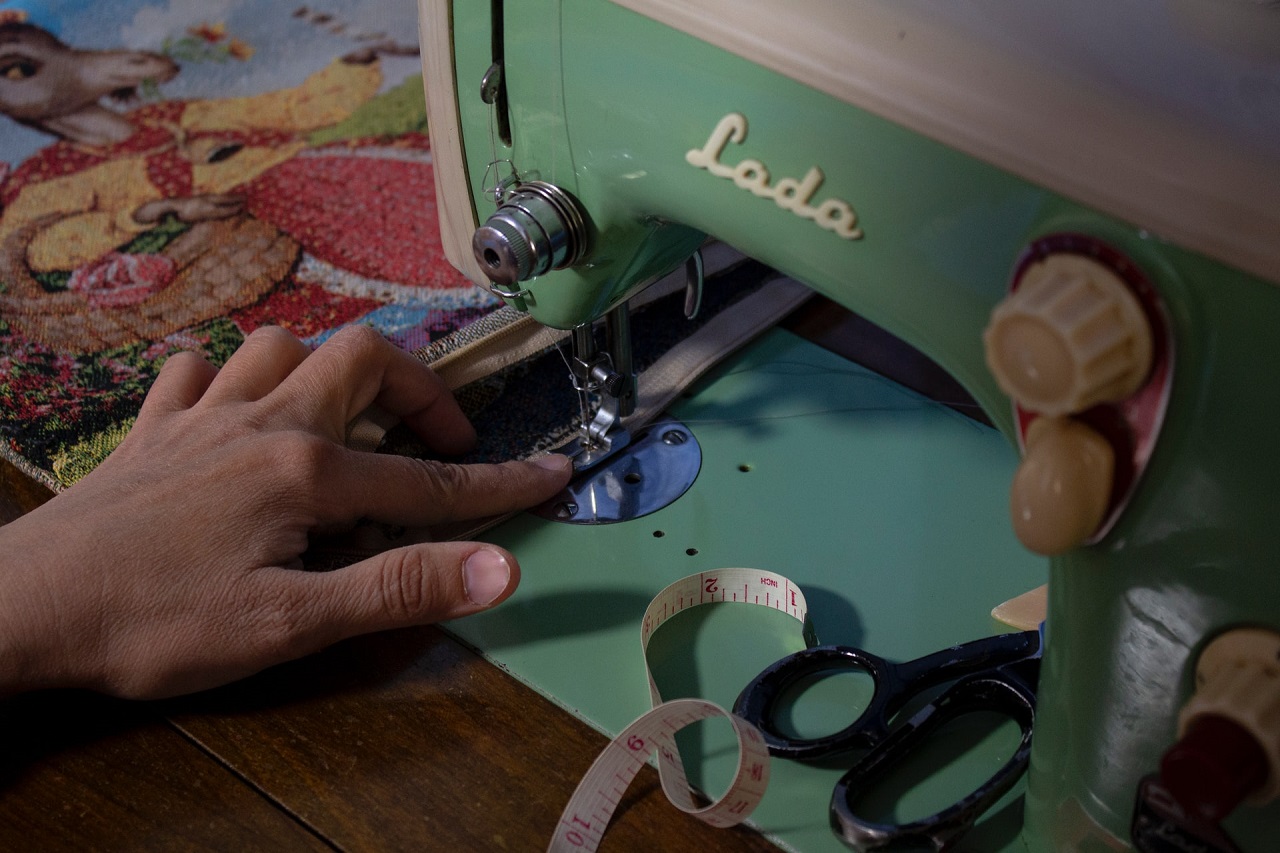
Once the sewing machine’s operator has manually selected the stitch-type and other settings they prefer, they can press down on the foot pedal in the same way they would control the accelerator pedal in a vehicle. This simple motion will control everything from the movement of the needle to feed dog’s movement.
With this machine, everything is carefully timed so that each part of the machine works in a synchronized motion. The fabric is pulled forward at a speed that matches the movement of the needle and other stitch mechanisms.
Since they are less advanced and flexible than computerized machines, adjustment options tend to be limited; however, it is important to note that mechanical machines still have plenty of options when it comes to stitch length, tension control, and needle positioning.
While some prefer the flexibility you get with a computerized machine, others prefer the simplicity of a more basic machine.
Computerized Sewing Machines:
Computerized sewing machines are designed with a variety of automated features, which are intended to make the sewing experience faster and more convenient for the operator.
One of the defining characteristics of this type of machine is an automatic needle threader. They also feature automatic tension adjustments, bobbin winding, thread cutting, and stitch adjustments.
Unlike mechanical sewing machines, which use physical dials and switches to make adjustments and select different settings, computerized machines use one-push buttons and touchscreens for their controls.
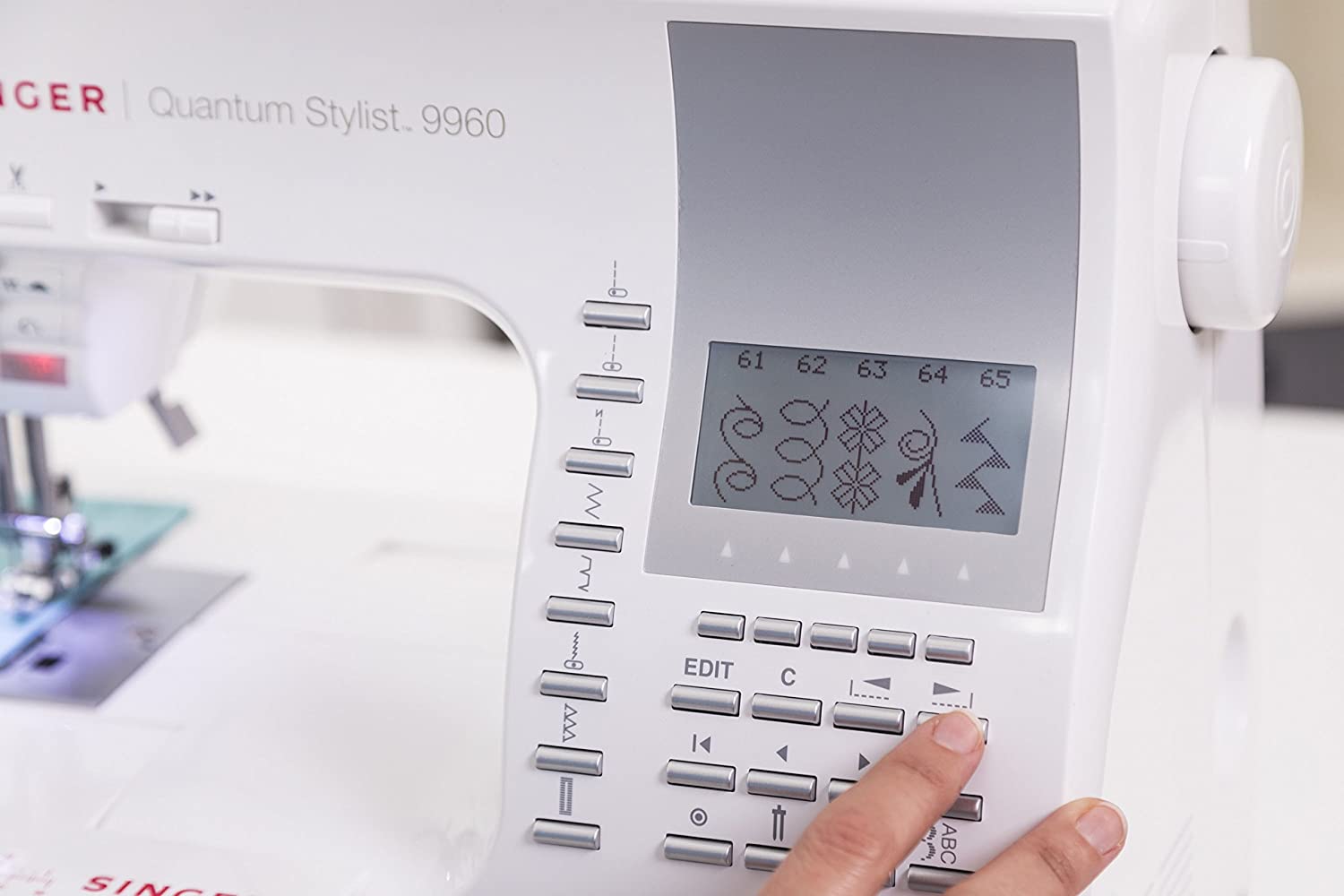
Most computerized sewing machines can also be connected to computers and other smart devices through a USB port. This allows users to update their machine with new information, such as downloadable embroidery patterns.
Pros and Cons of Mechanical and Computerized Sewing Machines
Understanding the advantages and disadvantages of either type of machine will help you decide which is the best option for your specific needs. The following is a simple breakdown of the pros and cons of both mechanical and computerized sewing machines:
The Pros of a Mechanical Sewing Machine:
Simplicity – One of the major advantages of this type of machine is their relatively simple design. While internal computers have their benefits, the simple set of controls you get means they are easy to use and understand. It also helps that most people learn with this type of machine, so they tend to be more comfortable with their straightforward design and simple adjustment system. For those that are not very tech-savvy and prefer simple technology, this machine is probably the best choice.
Affordability – Since mechanical sewing machines contain less advanced technology, they are almost always less expensive than the computerized alternative. You can purchase a high-quality mechanical machine from a reputable brand at a much lower cost than you would pay for a computerized model. If you are on a tight budget, you are better off saving some money and opting for a mechanical machine.
Durability – Since mechanical machines operate using a relatively simple process, there are far less opportunities for failure. This partially explains why people are able to continue using mechanical sewing machines that are several decades old. If you are looking for something reliable that you can potentially hand down, you should probably stick with a mechanical machine.
The Cons:
- Fewer features
- More time consuming to operate overall
- Cannot be updated
The Pros of a Computerized Sewing Machine:
Convenience – Computerized machines are designed for convenience and an easier sewing experience. Automatic settings and simple controls that can be adjusted with the touch of a button reduce frustration and help cut down on wasted time.
Precise Stitching – With more stitch options and a greater level of control over each setting, computerized machines offer precise stitching that does not require any level of guesswork. Their simple controls and clear display screens make it easy for users to get the exact results they are looking for out of their sewing machine.
Versatility – Since computerized sewing machines have far more adjustability and internal options, it is easier for operators to use their machine for a variety of different sewing projects. Whether you are planning to embroider a specific pattern, or want to use your machine to do some quilting work, the options are there and they are usually just a press of a button away.
The Cons:
- More expensive
- More difficult to maintain
- Somewhat complicated
So, Which Type of Machine Should You Choose?
Now that you understand the basic differences between the two types of sewing machines, you are probably wondering which you should choose. The truth is you should choose the machine that matches your own preferences, and that best suits you.
As discussed above, both types of sewing machines have their advantages and disadvantages, so it is up to you to decide which style appeals to you more. For example, if you are on a tight budget and you would prefer a machine that is simple to operate and maintain, you should choose a mechanical sewing machine from a reputable brand.
On the other hand, if you have more money to spend and would like a machine that is highly customizable and convenient to use, you should opt for a more advanced machine.
No matter which type of sewing machine appeals to you more, you can find a high-quality option that will help you complete your next sewing project to a high standard. Remember, you should be choosing a sewing machine that can grow with you as your sewing skills develop.
Again, you can always start out with a simple mechanical machine, as they are easier to learn with. In the future when your skills have grown and you understand the sewing basics you can always sell your old mechanical machine and upgrade to a computerized unit.
On the other hand, if you think you would need a computerized machine in the future, you can always invest in one of these more expensive and advanced machines now, so you can grow into it in the future.
What are the Best Sewing Machines?
Whether you are looking for a mechanical sewing machine, or a computerized model, we can help. For either type of machine, we recommend the following:
Mechanical Sewing Machines:
SINGER – MX60
This affordable and straightforward mechanical sewing machine offers 57 different stitch adjustment options. With LED lighting, a durable metal frame, and simple stitch selection dials, this is the perfect machine for those that are new to sewing and those that are looking for a reliable machine at a budget-friendly price.
Brother – ST371HD Strong & Tough Mechanical Sewing Machine
With 37 built-in stitches and an auto-size buttonhole feature, this is a highly versatile mechanical sewing machine that is perfect for anyone looking for a machine that can grow with them as their sewing skills develop.
It comes with all of the accessories you would ever need, including an instructional DVD. The free arm designed and automatic needle threader makes sure it offers a user-friendly sewing experience that can handle all of your home sewing projects.
Computerized Sewing Machines:
Brother – CS5055 Sewing Machine
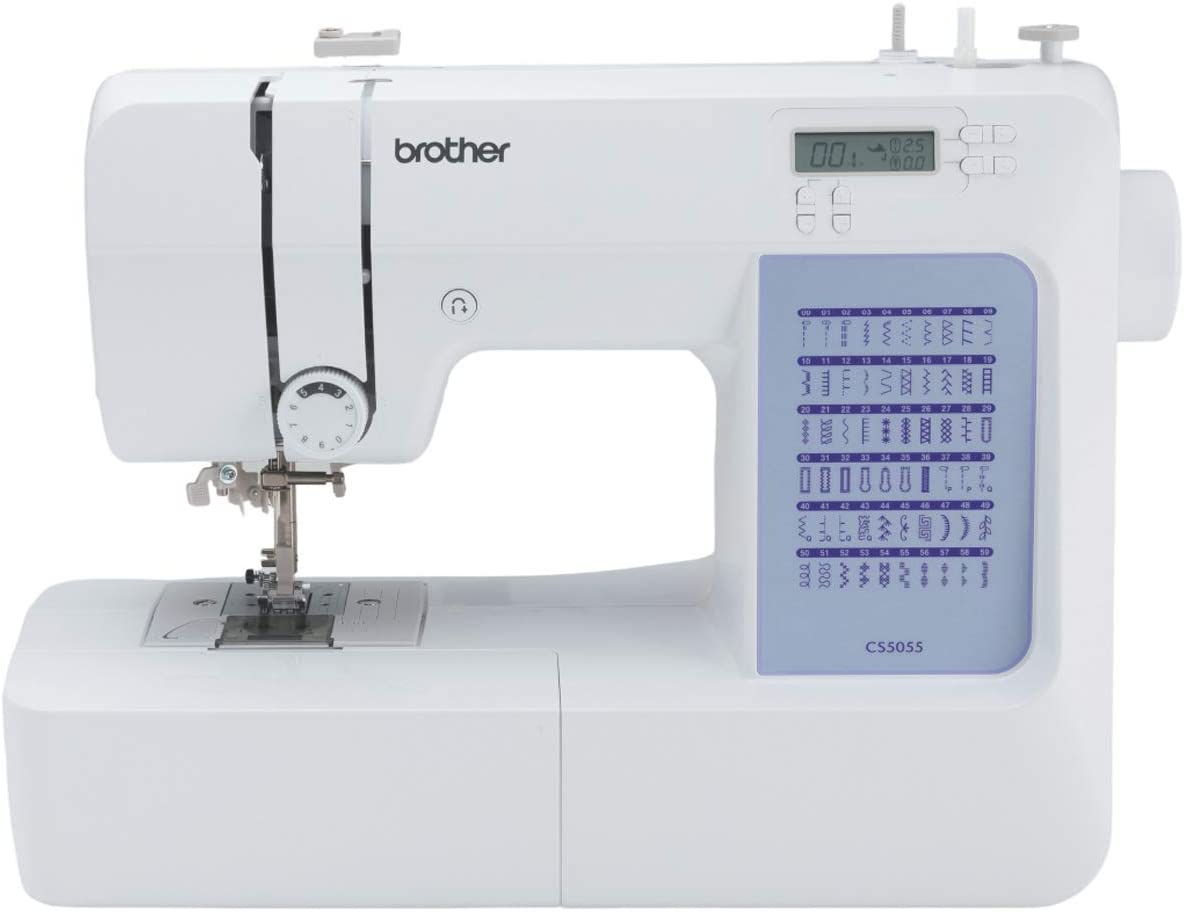
SINGER – Quantum Stylist 9960 Sewing Machine
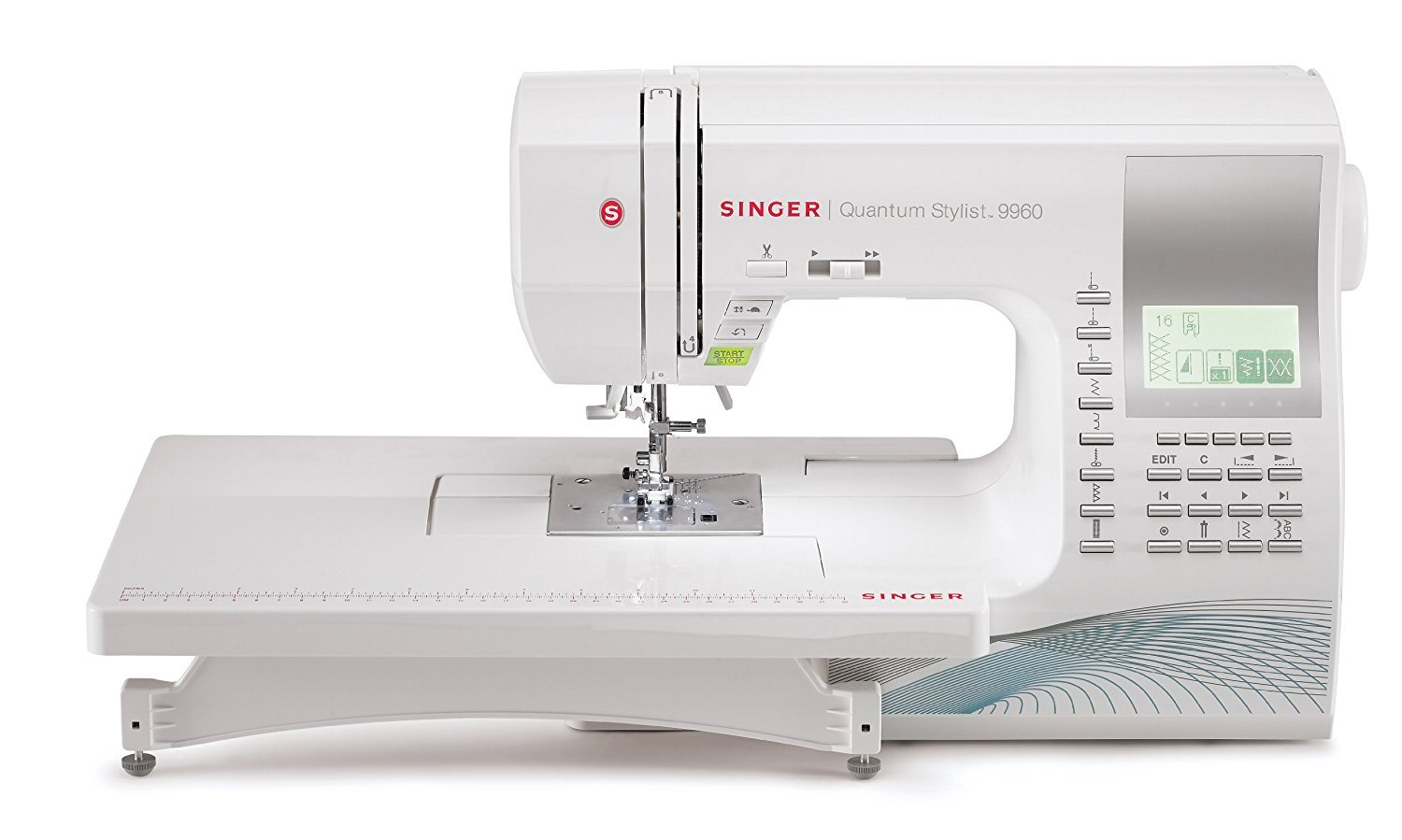
You also get a wide variety of accessories. Best of all, the machine was also designed for portability, which means it is both lightweight and compact, so you can easily take it with you. While it is a little bit on the expensive side, this machine is backed with an outstanding 25-year warranty. If you are looking to invest in a high-quality machine that will last for many years, you cannot go wrong with this highly versatile computerized machine.

